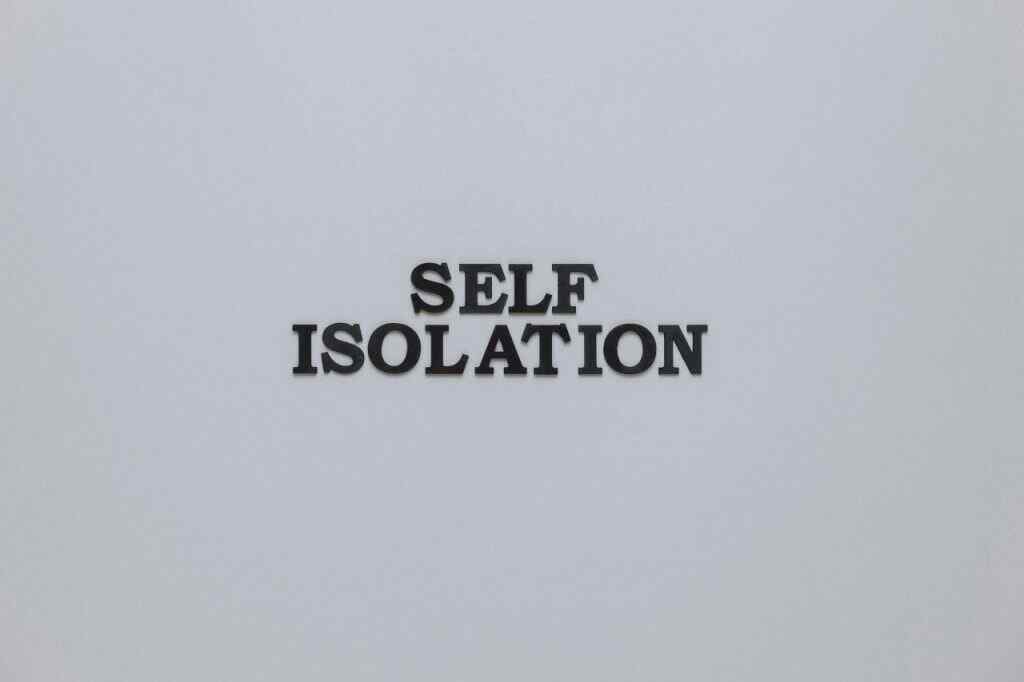The Rise of the Introvert Economy: How the Pandemic Reshaped American Social Life
Introduction: The Changing Landscape of American Social Life
The COVID-19 pandemic brought about seismic shifts in American life, leaving an indelible mark on everything from work to recreation to social interactions. One of the most notable changes has been the rise of the introvert economy, a phenomenon driven by a newfound preference for staying home and engaging in solitary activities.
The pandemic forced many Americans to stay home, leading to a surge in online activities and a decrease in face-to-face interactions. This shift in behavior was particularly evident among younger adults, who are now more likely to spend their evenings at home rather than going out. The normalization of remote work and online shopping further contributed to the decline in social outings.
The Pandemic’s Impact on Social Behavior
The pandemic’s impact on social behavior cannot be overstated. Stay-at-home orders and social distancing measures forced people to find new ways to connect with others. Many turned to online platforms for entertainment, communication, and even work. This led to a surge in the use of streaming services, online gaming platforms, and social media.
At the same time, there was a noticeable decline in traditional social outings, such as going to the movies, attending concerts, or dining out. This was especially true among younger adults, who are more likely to be comfortable with technology and less likely to have families or other obligations that require them to leave the house.
The Emergence of the Introvert Economy
The pandemic-induced changes in social behavior have given rise to a new economic landscape that caters to the preferences of introverts. Businesses that offer home-based entertainment, such as streaming services and online gaming platforms, have seen a surge in demand. Additionally, companies that provide remote work opportunities and online shopping services have experienced significant growth.
This trend is not just a temporary phenomenon. Even as the pandemic subsides, many people are expected to continue working from home and spending more time engaged in solitary activities. This is especially true for younger adults, who are more likely to embrace the introvert lifestyle.
The Staying-In Trend: A Long-Term Shift?
Whether the introvert economy is a temporary phenomenon or a long-term trend remains to be seen. Some experts believe that the changes in social behavior brought about by the pandemic will stick, especially among younger adults. Others argue that as the pandemic subsides, people will gradually return to their pre-pandemic social habits.
There is evidence to support both sides of the argument. On the one hand, the pandemic has accelerated the adoption of technologies that make it easier for people to stay home and engage in solitary activities. On the other hand, humans are social creatures and there is a natural desire to connect with others in person.
The Potential Implications of the Introvert Economy
The rise of the introvert economy could have far-reaching implications for society. On the one hand, it could lead to a more isolated and atomized society, with individuals spending less time interacting with others in person. This could have negative consequences for mental health and social cohesion.
On the other hand, the introvert economy could also foster a sense of community among introverts who may have felt marginalized in the past. It could also lead to new forms of social interaction that are more suited to the needs of introverts.
Conclusion: A New Era of Social Interaction?
The pandemic has undoubtedly left an indelible mark on American social life, giving rise to the introvert economy and changing the way people interact with each other. Whether these changes will persist in the long term remains to be seen, but they have undoubtedly ushered in a new era of social interaction.
